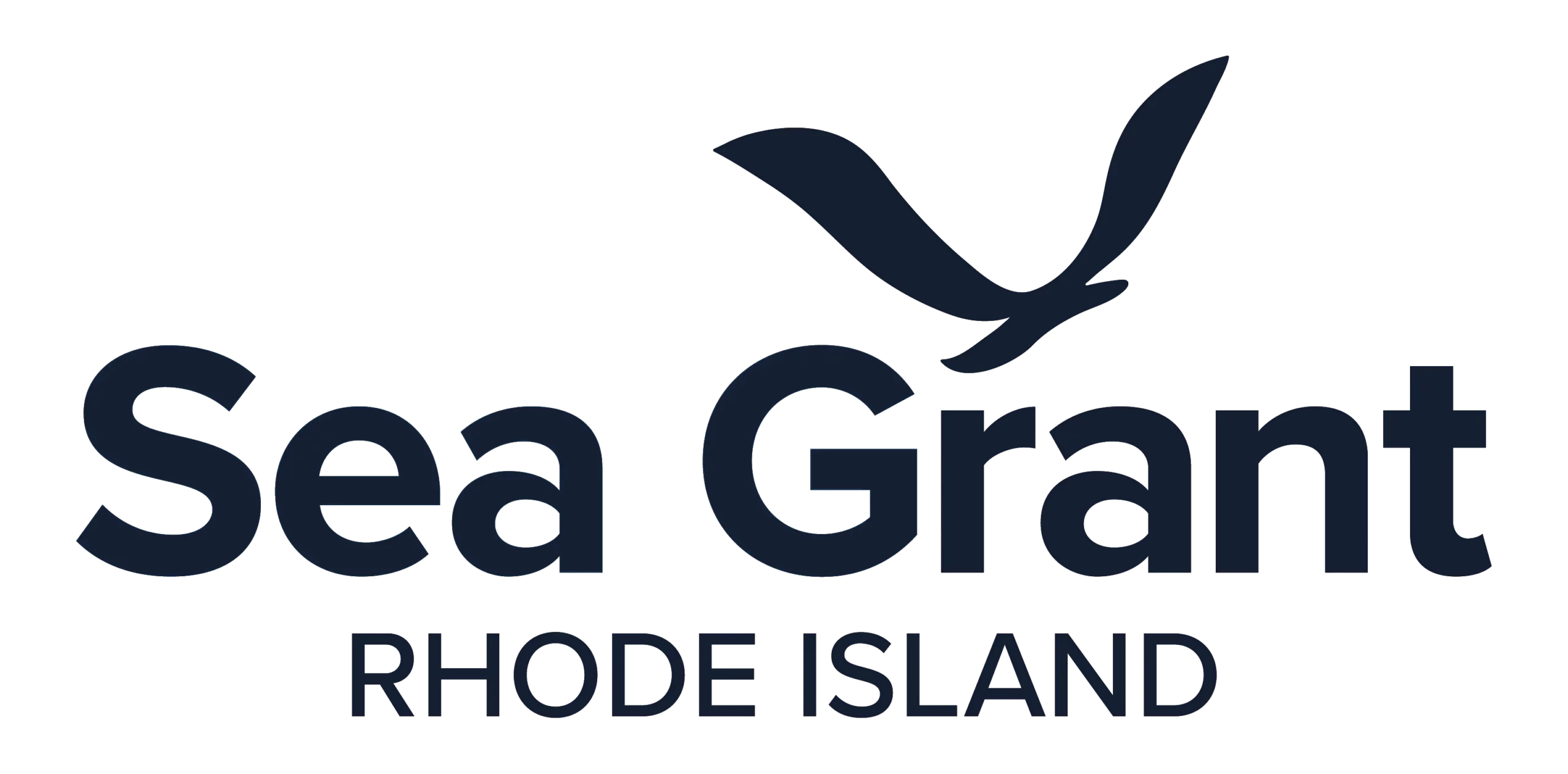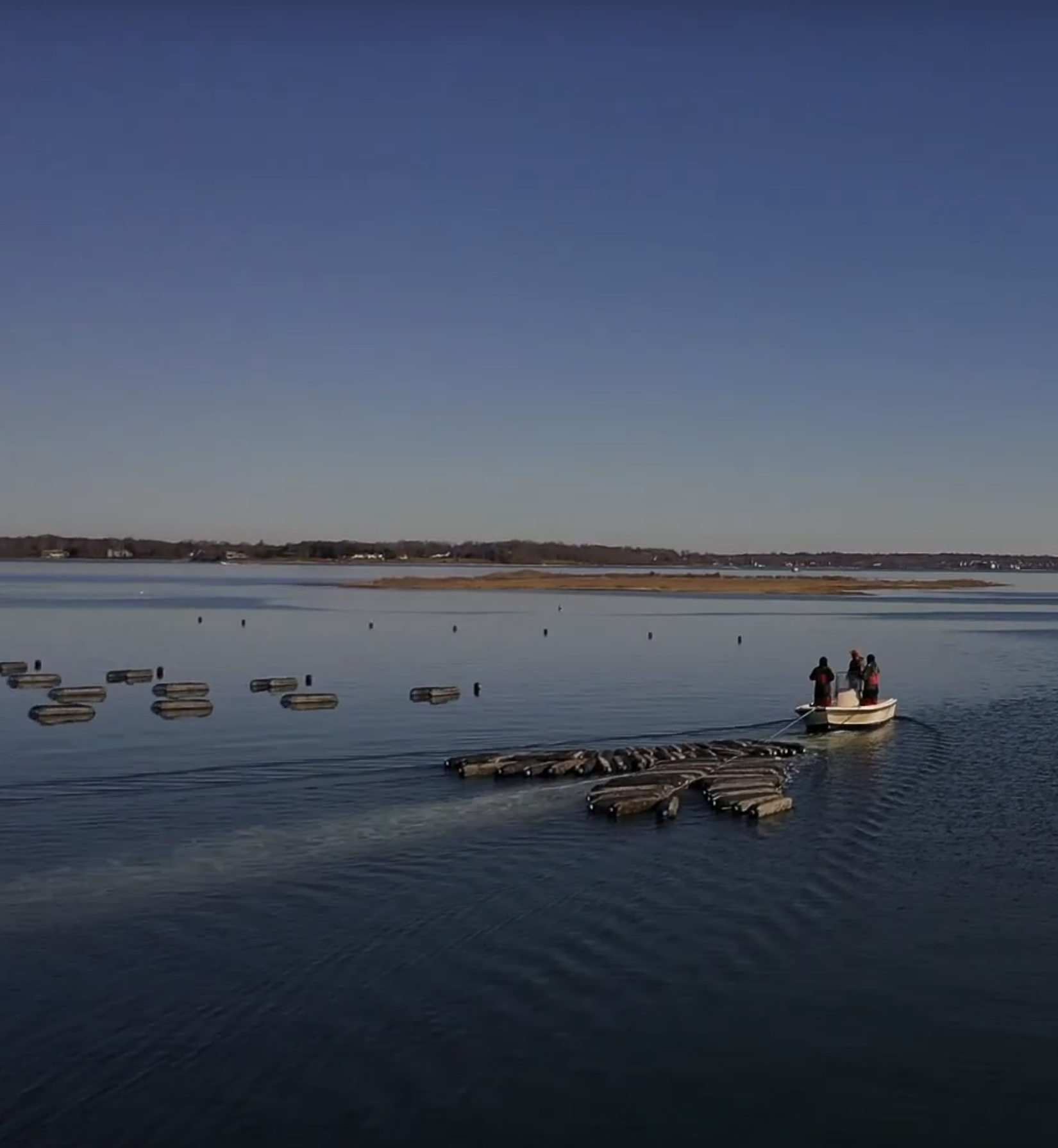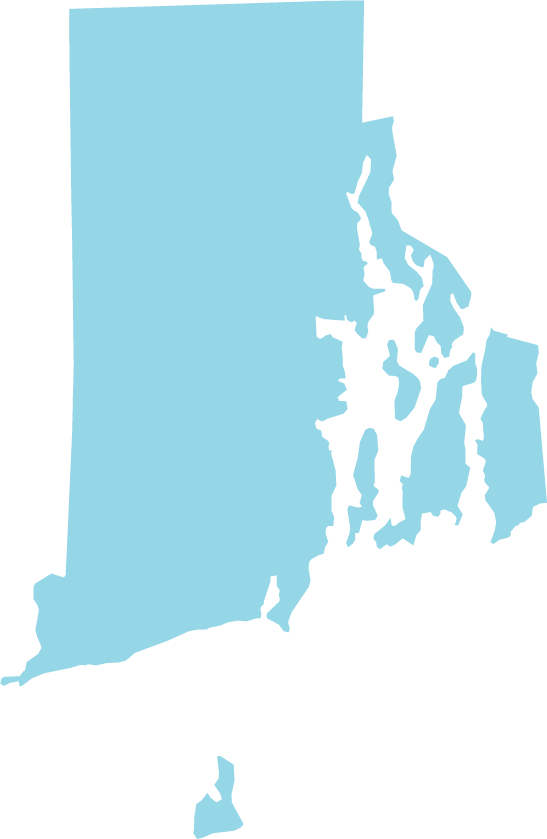Our Work
Sustainable Seafood
Media
Funding
Shellfish Management Plan
Media
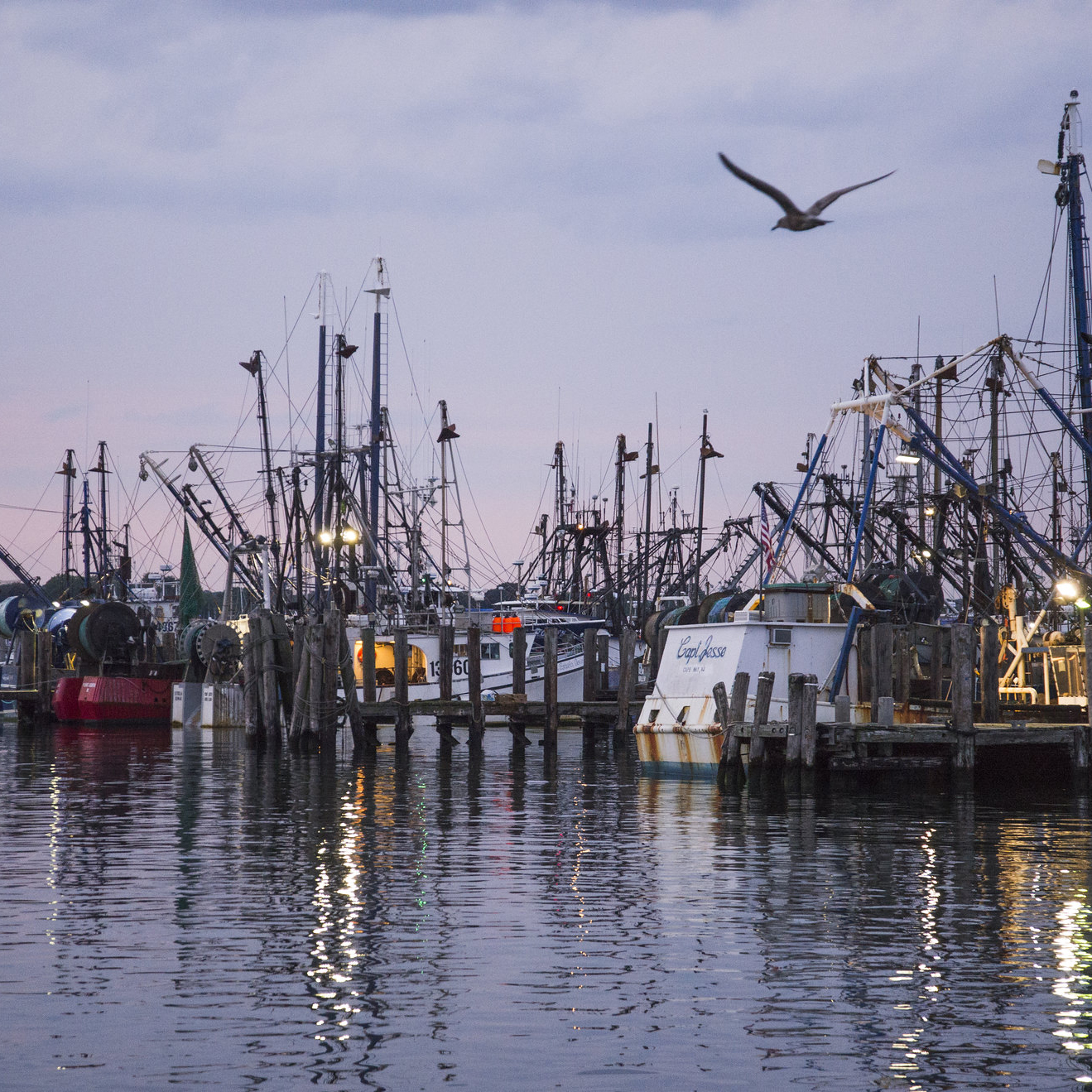
About
Seafood is the cornerstone of the cultural and economic fabric of the Ocean State.
Through network building and collaboration, our fisheries and aquaculture specialists connect industry and consumers with the best available science to build vibrant local markets for Rhode Island fishery and aquaculture products through ecosystem-based management practices, as well as continue its commitment to provide training for safe seafood processing.
Mission
To build a vibrant local seafood economy that is safe and sustainable through effective, ecosystem-based management practices.
Focus Areas
FISHERIES
While up to 90% of seafood is currently imported into the U.S., Sea Grant works to support U.S. fisheries by connecting people with locally harvested bounty and by supporting those who provide it.
AQUACULTURE
Commercial aquaculture complements wild fisheries’ contribution to the seafood supply local, regionally, and nationally. Sea Grant works to ensure resources remain safe and sustainable and conflicts are managed effectively.
Safe seafood
Offer annual USDA-mandated training in the application of Hazard Analysis and Critical Control Point (HACCP) principles to the safe processing of seafood.
Meet Our Team
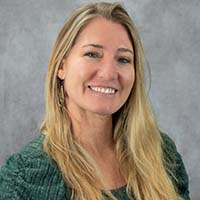
Azure Cygler
Fisheries & Aquaculture Specialist
Tel: (401) 874-6197 | E-mail: acygler@uri.edu

Robbie Hudson
Fisheries & Aquaculture Specialist
Tel: (401) 874-6218 | E-mail: rhudson@uri.edu
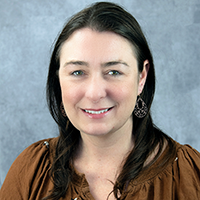
Nicole Richard
Seafood Safety Specialist
Tel: (401) 874-2977 | E-mail: nicolerichard@uri.edu
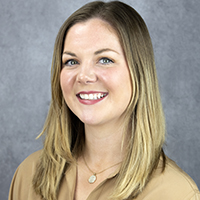
Abbey Green
Coastal Projeect Manager
Tel: (401) 874-2977 | E-mail: abbey_greene@uri.edu
Funding
Partnership for Research Excellence in Sustainable Seafood (PRESS)
Do you have a concern or idea regarding Rhode Island’s seafood?
National Aquaculture Initiative
Enhancing Production of Coastal, Marine, and Great Lakes Aquaculture Species
If you are a member of the Rhode Island seafood industry – a processor, harvester, grower, wholesaler, retailer, or other seafood business – funding is available for research projects to address issues you may be facing.
The new Partnership for Research Excellence in Sustainable Seafood (PRESS) is a $1 million, four-year effort, established through the National Oceanic and Atmospheric Administration (NOAA), and run by the University of Rhode Island
The program aims to identify issues of concern and to respond directly with grants funded through a rapid response mechanism. A coordinating committee most familiar with these issues includes academic institutions; state, federal and non-governmental agencies; and industry experts in fisheries, aquaculture, and seafood in Rhode Island.
The goal of the initiative is to provide a mechanism of funding allowing a nimble and rapid response to critical issues in the seafood sector through interdisciplinary collaborative research encompassing the seafood industry, academic institutions, state and federal agencies, and nongovernmental organizations.
Proposals with the potential to positively impact the Rhode Island seafood system by identifying and addressing emerging and pressing issues affecting that system will be considered. The goal of the funding is to complement, build upon, or enhance (not duplicate) other sources of federal, state, or private funding.
Therefore, priority will be given to projects that provide a strong rationale of need and address urgent concerns facing the Rhode Island seafood system but are challenged to find funding elsewhere. Two types of funding requests will be considered:
** Proposals can be submitted anytime and will be reviewed by topic-related experts to determine which projects will be funded.
Feasibility Projects
Projects that seek to provide a proof of concept and/or will open the possibility for access to other funds. Project duration is limited to one year with a budget not exceeding $30,000.
Funded projects will be able to apply for a one-time, one-year nocost extension if needed. Projects showing proof of concept will be considered for additional funding.
* No project end date can extend beyond September 30, 2026.
Operational Projects
Projects targeted at implementation or more thorough study of issues or problems to develop solutions.
Project duration will be one to three years with a budget not exceeding $50,000 per year. Larger requests (up to $100,000 per year) will be considered but must provide strong reasoning and show broad partnerships to support the need of the project.
Funded projects will be able to apply for a one-time, one-year, no-cost extension if needed.
* No project end date can extend beyond September 30, 2026.
Subject to the availability of funding, Sea Grant anticipates $5,000,000 to $6,000,000 will be available for research projects and programs that will develop and refine methods, protocols, techniques, and/or strategies to enhance the production of one or more life stages of aquaculture species (described below) with the overall goal of improving the efficiency, output, and profitability of commercial coastal, marine, or Great Lakes region aquaculture businesses.
Projects that focus on the following aquaculture categories and organisms in both marine and freshwater are eligible for this competition and include:
• Microalgae and macroalgae (seaweed) • Molluscs • Crustaceans • Ornamentals
• Baitfish • Finfish species for food production • Misc. invertebrates
Proposals are sought that will support broad, non-proprietary research to address issues and/or barriers to aquaculture production; make that information available to aquaculture businesses; and preferably include participation and involvement of Sea Grant extension personnel and industry stakeholders.
This opportunity is open to: any individual; any public or private corporation, partnership, or other association or entity (including any Sea Grant College, Sea Grant Institute or other institution); or any State, political subdivision of a State, Tribal government or agency or officer thereof. Applications require the standard 50% non-federal match for Sea Grant projects.
Application Deadline: Apr 03, 2024
Media
Aquaculture Deep Dive Series
Rhode Island’s Shared Waters
Aquaculture Conflict Resolution
Seaweed Aquaculture in Rhode Island
Tour of Hog Island Oyster Farm
Shellfish Shorts
Rhode Island Sea Grant created a series of videos to highlight the state’s shellfish resource and economy.
Episode 1: How to Shuck
Episode 2: Digging for Dollars
Episode 3: Oyster Flavor
Episode 4: Enjoying Shellfish Safely
Episode 5: The Science of Shellfish Safety
Beginning in January 2013, wild harvest, aquaculture, and restoration communities worked together to define key issues to help guide the state’s first shellfish management plan, along with science recommendations, to ensure sound management of shellfish resources into the future.
RI Sea Grant, in collaboration with multiple partners, facilitated the creation of the Rhode Island Shellfish Management Plan (SMP) adopted in 2014.
This document provides comprehensive policy guidance regarding management and protection measures for shellfish, such as quahogs and oysters, located in state marine waters.
